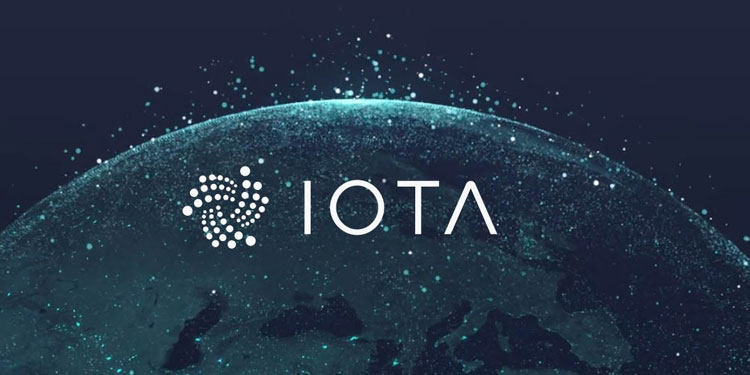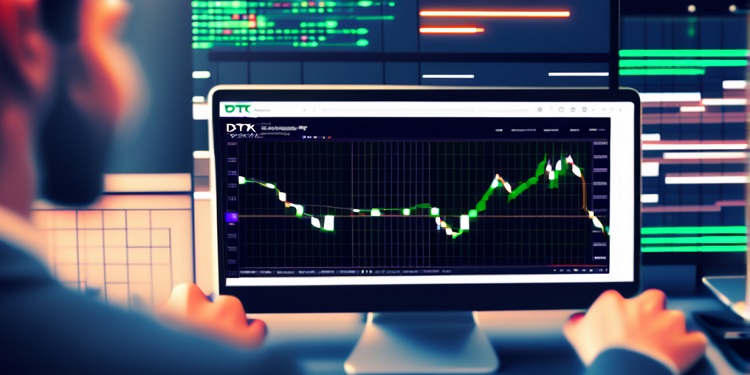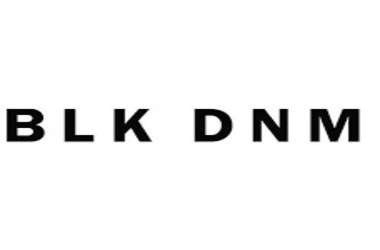 The IOTA Foundation has been actively progressing with the development of its IOTA 2.0 architecture and advancements for the Shimmer network. Notably, IOTA has been aligning its developments with regulatory requirements, attracting new projects to join its ecosystem. According to IOTA co-founder Dominik Scheiner, in a recent conversation on the Discord channel, IOTA is fully prepared for global adoption while adhering to regulatory standards.
The IOTA Foundation has been actively progressing with the development of its IOTA 2.0 architecture and advancements for the Shimmer network. Notably, IOTA has been aligning its developments with regulatory requirements, attracting new projects to join its ecosystem. According to IOTA co-founder Dominik Scheiner, in a recent conversation on the Discord channel, IOTA is fully prepared for global adoption while adhering to regulatory standards.
Scheiner mentioned a successful discussion with an institutional DeFi project that expressed interest in building on IOTA due to its strong regulatory focus as the only European Layer 1 solution. The IOTA Foundation is actively engaged in implementing the IOTA 2.0 framework and achieving full decentralization of its node software. Additionally, they have presented a proposal to the European Parliament, aiming to establish regulations for preventing money laundering and terrorism financing in digital asset usage.
The proposal recommends significant changes to address inconsistencies among various regulations concerning fund transfers, crypto assets, and anti-money laundering measures. In May, the European Union officially approved a new regulation called Markets in Crypto Assets (MiCA). This regulation is set to become effective in the coming weeks upon publication in the official journal of the European Union, expected to occur in June.
MiCA will provide licenses to cryptocurrency exchanges and wallet providers, allowing them to operate across all 27 EU member countries. It will also require stablecoin issuers to maintain adequate reserves. These requirements are expected to be implemented within 12 to 18 months after the regulation takes effect. The proposal for MiCA was introduced by the European Commission in 2020 and generated some controversy during discussions, particularly regarding rules related to the environmental impact that could affect Bitcoin’s proof-of-work technology.
This is not a sprint, it's a marathon! And we are here for the future of #IOTA 🔥 @DomSchiener pic.twitter.com/Efkz1V5qai
— Tangleverse (@TangleverseWeb) June 10, 2023
IOTA is actively collaborating with European lawmakers to ensure compliance with the MiCA regulations. Moreover, they are expanding their presence in other regions, such as the UAE, to promote Internet of Things (IoT) and decentralized finance (DeFi) activities.
Similar to the rest of the European Union, crypto investors and entrepreneurs in Germany eagerly anticipate the implementation of the Act, which will occur after an 18-month transition period. Although certain provisions of the Act are already in effect with significant changes, the response from the German crypto industry has been largely positive. The Digital Association, known as “Bitkom,” commended the regulation as a significant achievement in a press release, emphasizing that Europe is leading the way in establishing global standards for regulating cryptocurrencies. They believe the MiCA regulation will create a fair playing field for crypto service providers throughout Europe and foster trust in the industry.








